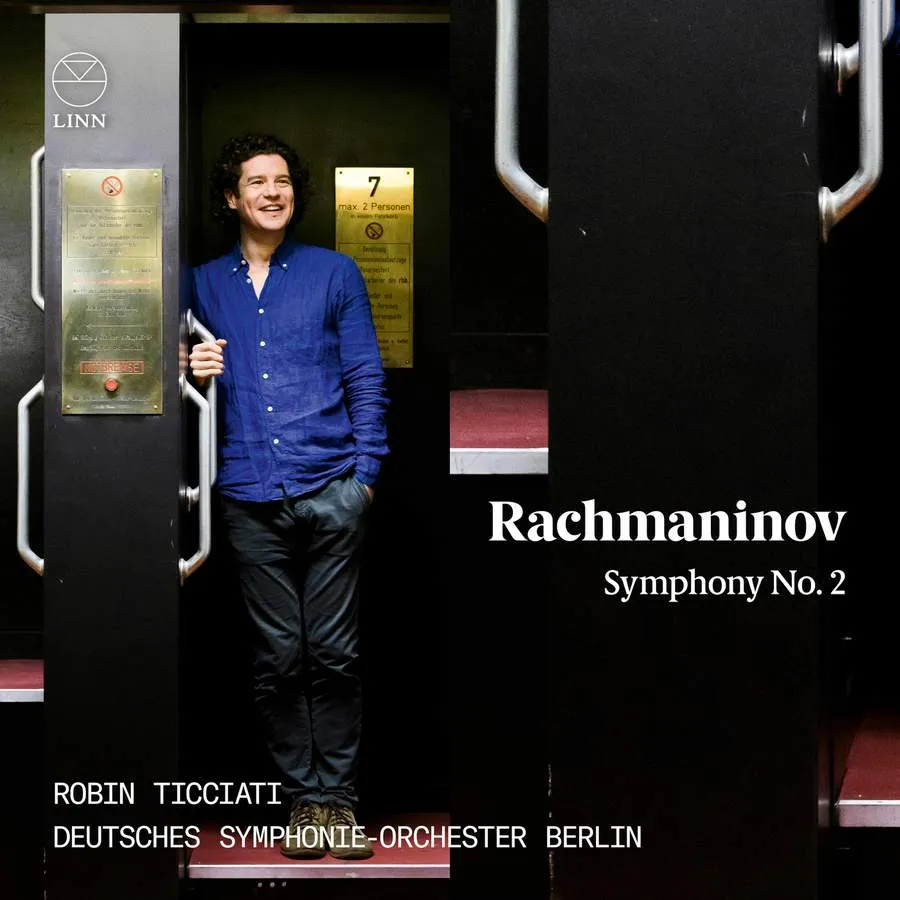
Rachmaninov Symphony No. 2 Deutsche Sinfonie-Orchester Berlin/Robin Ticciati Linn Records CKD653 63:15 mins
How much rubato should be applied to Rachmaninov’s music? Taking the composer’s recordings as a yardstick would suggest that it should be used only sparingly. Yet in a work as luxuriantly romantic and expansive in structure as his Second Symphony, there’s an obvious temptation to squeeze the last ounce of emotion out of every sumptuous melody. Problems arise, however, if fluctuations in tempo are stretched to their very limits since such an approach threatens to undermine the symphonic coherence of Rachmaninov’s musical argument.
Fortunately, Robin Ticciati doesn’t fall into this trap in the slow movement, taken at a beautifully flowing tempo that allows the glorious melodies and the ecstatic climaxes time to unfold. Indeed, Ticciati’s approach sounds more affecting for avoiding any hint of self-indulgence or sentimentality.
There are lots of positives in the rest of the Symphony, not least the hugely responsive playing of the Deutsches Symphonie-Orchester and Linn’s warm but wonderfully clear recording. Furthermore, Ticciati’s sophisticated control of orchestral texture highlights lots of interesting inner details often overlooked in other recordings. I’m less persuaded, though, by his extremely spacious view of the first movement, performed here with the exposition repeat. Ticciati’s tendency to linger indulgently over the more lyrical and reflective moments, such as the second idea in the Allegro moderato, becomes self-defeating after a while to the extent that he finds it difficult to instil a sense of urgent forward momentum when the music becomes far more threatening, as in the development section and the coda.
Erik Levi